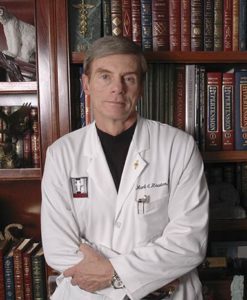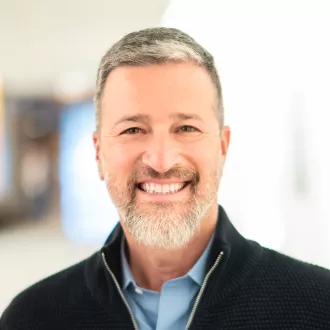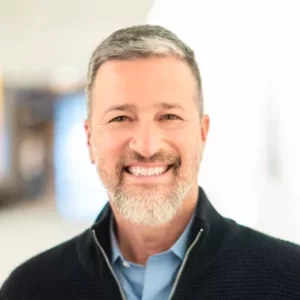
Podcast: Play in new window | Download


Podcast: Play in new window | Download


Podcast: Play in new window | Download


Podcast: Play in new window | Download


Podcast: Play in new window | Download
Dan Shapiro is a man on a mission to help physicians, other providers and the medical healthcare administrators understand the reality of healthcare provider burnout. He is currently the Director of the Chartis Center for Burnout Solutions, where he and his team assist leaders of multi-hospital systems with efforts to reduce burnout and the turnover of high-value physicians, nurses, advanced practice providers, and other staff.
Dan’s education goes back to my alma mater, Vassar College. He graduated with a BA in Psychology before going to the University of Florida for his doctorate in clinical psychology. He completed a post doctoral degree in Medical Crisis Interventions at Harvard University. He held faculty positions at the University of Arizona as well as at Penn State rising to the Chair and Professor of Humanities at Penn State College of Medicine. In 2017, he developed a systematic method for assessing and addressing burnout leading to consulting services focused on multi-hospital systems. In 2023, he left his role as Vice Dean and Chair to pursue the reduction of burnout full time with colleagues at Chartis.
Dan is a frequent contributor to thought leadership in the physician burnout space. In 2003, Random House published his landmark memoir about one physician’s burnout, titled, “Delivering Doctor Amelia,” which was required reading at some colleges and medical schools. He’s written two other books, also for Random House. Dan’s additional writings have appeared or been featured in, among others, the New York Times, Proceedings of the National Academies of Science, the New England Journal of Medicine, JAMA, Academic Medicine, and NPR’s All Things Considered.
As a hobby, he worked for ten years as a weekly consultant to the hit television shows Grey’s Anatomy, Private Practice, How to Get Away with Murder and on-camera for the Discovery, National Geographic, and FYI channels.
Please enjoy my conversation with Dan Shapiro,
Dr. M


Podcast: Play in new window | Download
This weeks guest is Dr. David D. Clarke. Dr. Clarke is President of the Psychophysiologic Disorders Association where he teaches the science of the mind body connection as it relates to GI related diseases that do not fit a traditional diagnostic nor pathological framework. For three plus decades, he conducted detailed interviews with over 7000 people whose symptoms were not explained by diagnostic testing, but were significantly affecting their lives in a negative way. He realized that these individuals often suffered from severe traumas in childhood that built the foundation of current health struggles. We dive into his work and the successes built upon the recognition of, intervention for and resolution related to the issues and physiological manifestations of disease.
Dr. Clarke graduated from Williams College with honors before attending the University of Connecticut School of Medicine where he received his medical degree and the Mosby Award for Clinical Excellence. He completed internship and residency in Internal Medicine and fellowship in Gastroenterology at Harbor/UCLA Medical Center in Los Angeles. Dr. Clarke has lectured extensively on Psychophysiologic Disorders to specialists and the public across North America and Europe. He has appeared on syndicated broadcasts hosted by Rosie O’Donnell, by Montel Williams and by Michael Roizen(author of You: The Owner’s Manual).
He is the Author of “They Can’t Find Anything Wrong” and co-author of “A Diagnostic Guide for Psychophysiological Disorders” and Psychophysiologic Disorders”.
Please enjoy my conversation with Dr. David Clarke,
Dr. M


Podcast: Play in new window | Download


Podcast: Play in new window | Download
Nature Deprivation Disorder: As we are getting closer to the end of the year and the cold strikes us hard in the face, we have a tendency to hunker down indoors and avoid the outside. Video games and screens are omnipresent in many of our children’s lives. They pervade their thoughts. They significantly limit their self-driven need and desire to explore, imagine and be present with nature, silence and life as it exists around them. Nature and natural actions are some of the best teachers of rational action and normalcy in any ecosystem….Autism etiology and a recipe round out the week.
Enjoy,
Dr. M